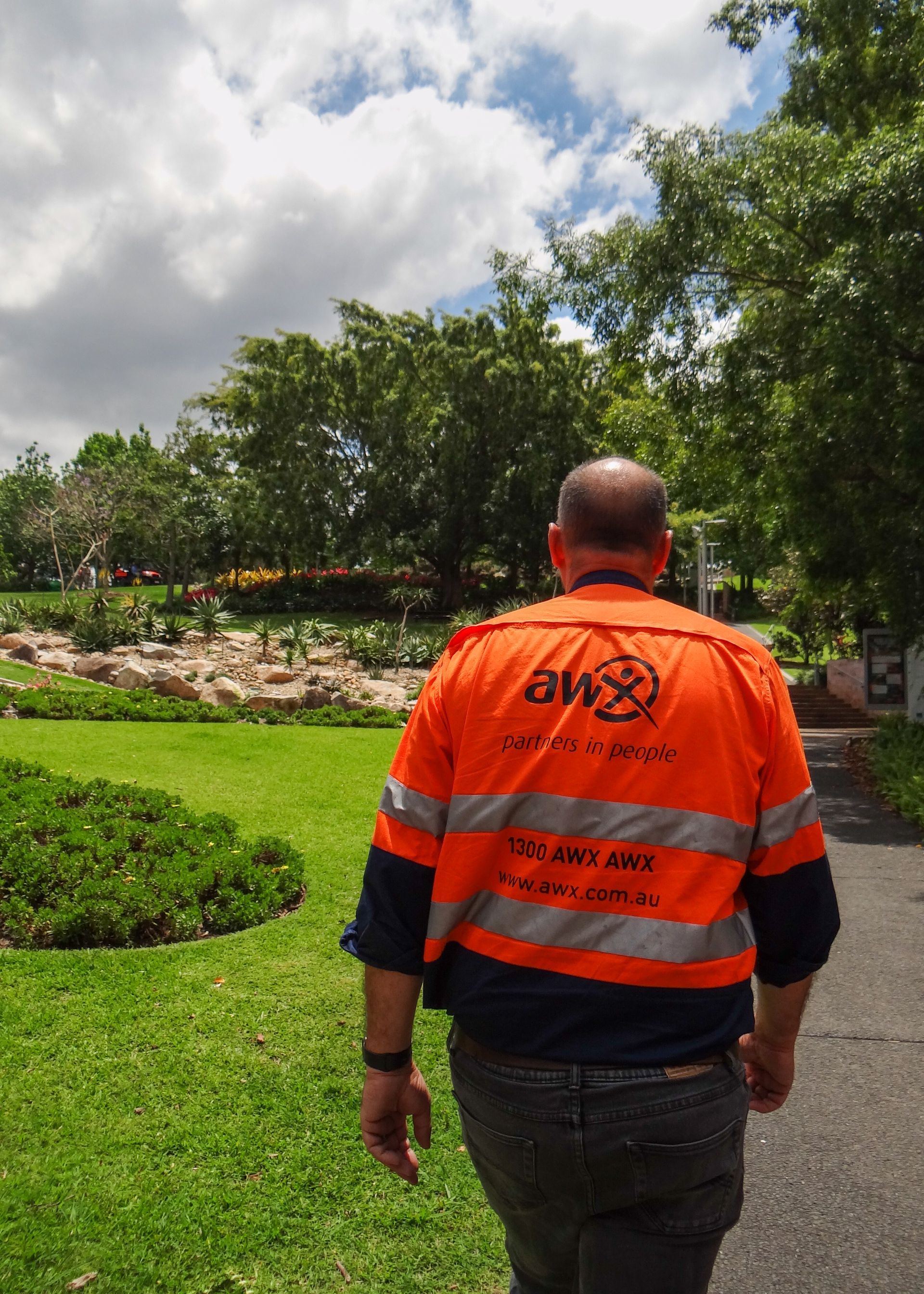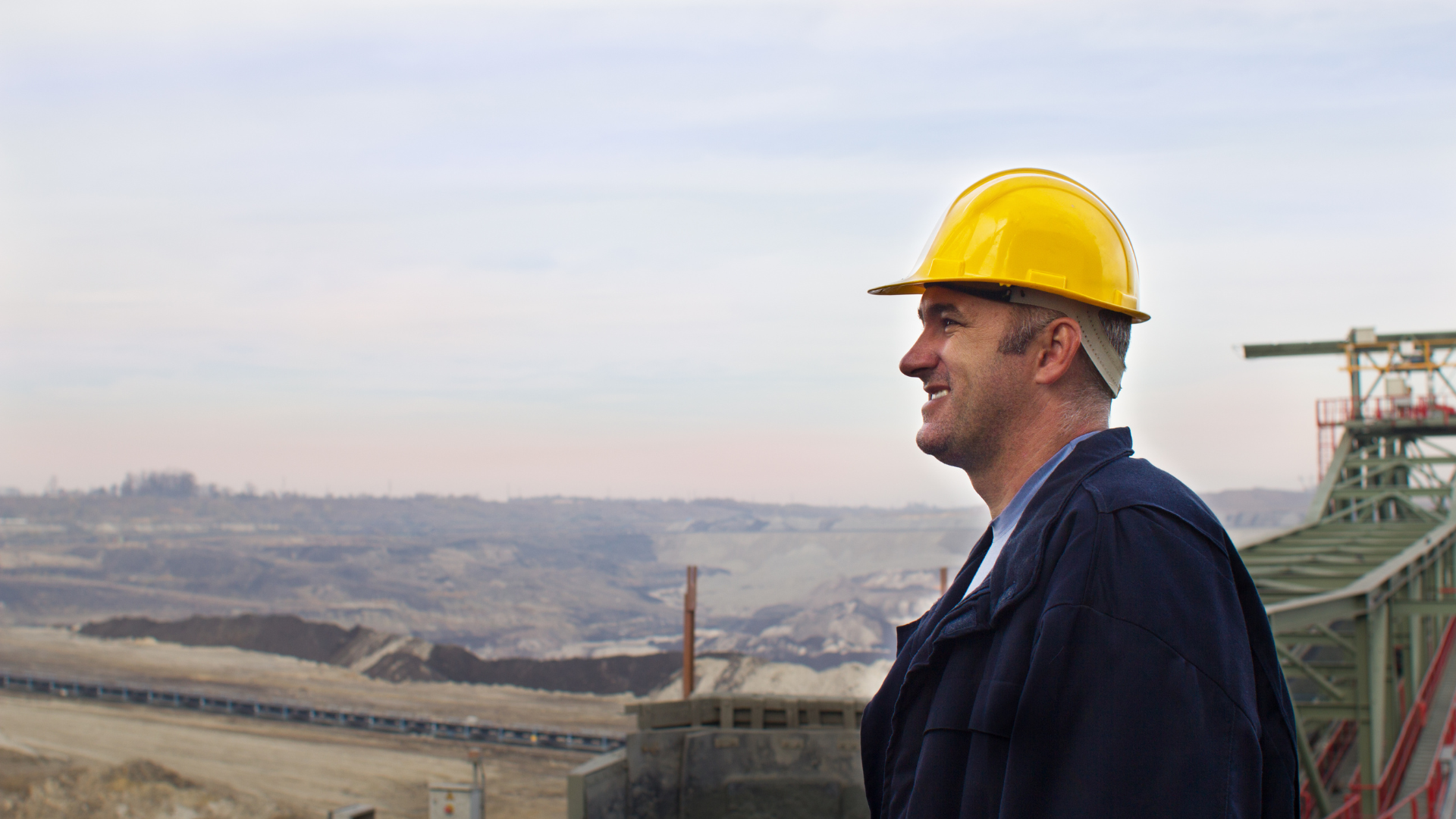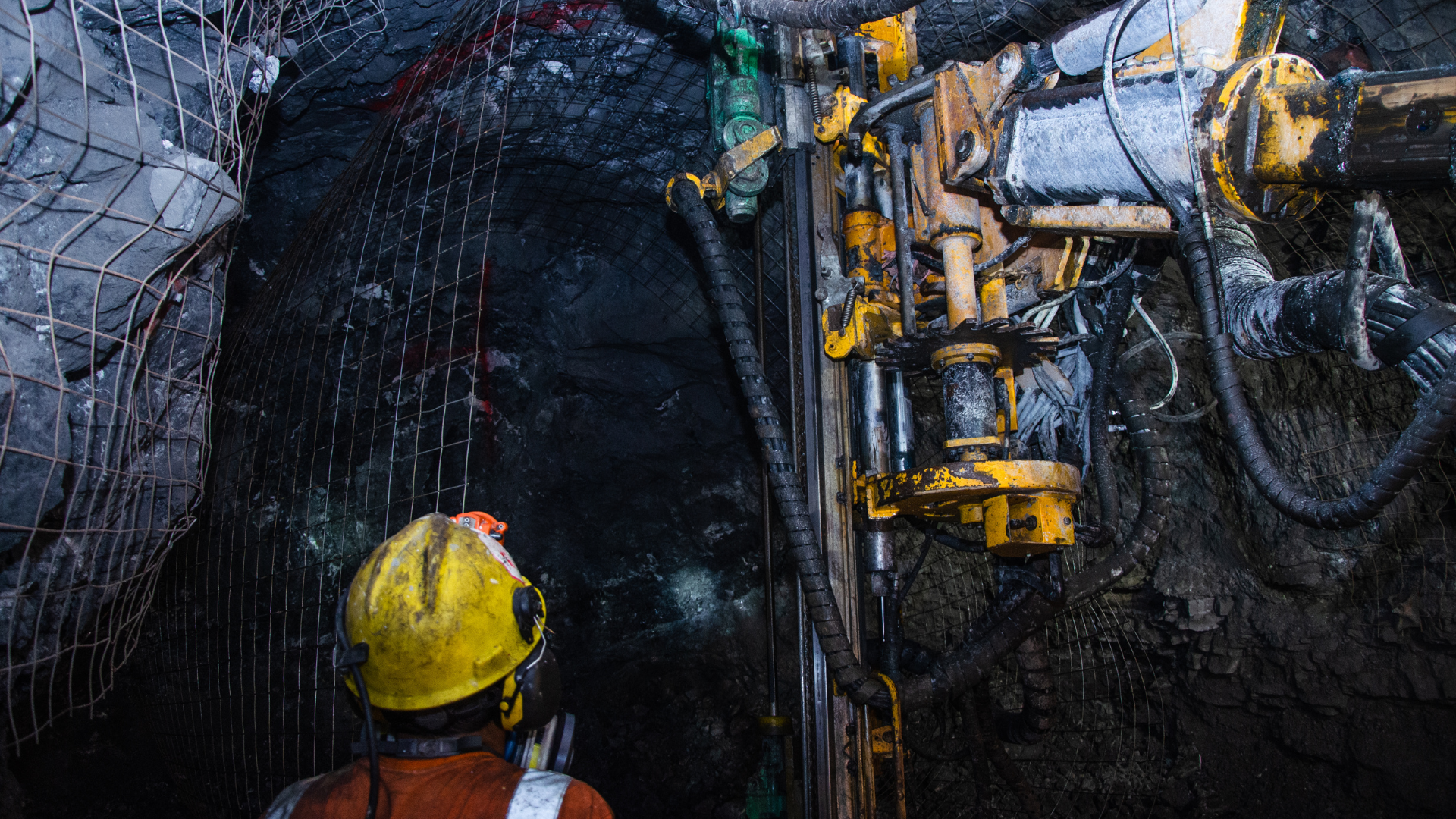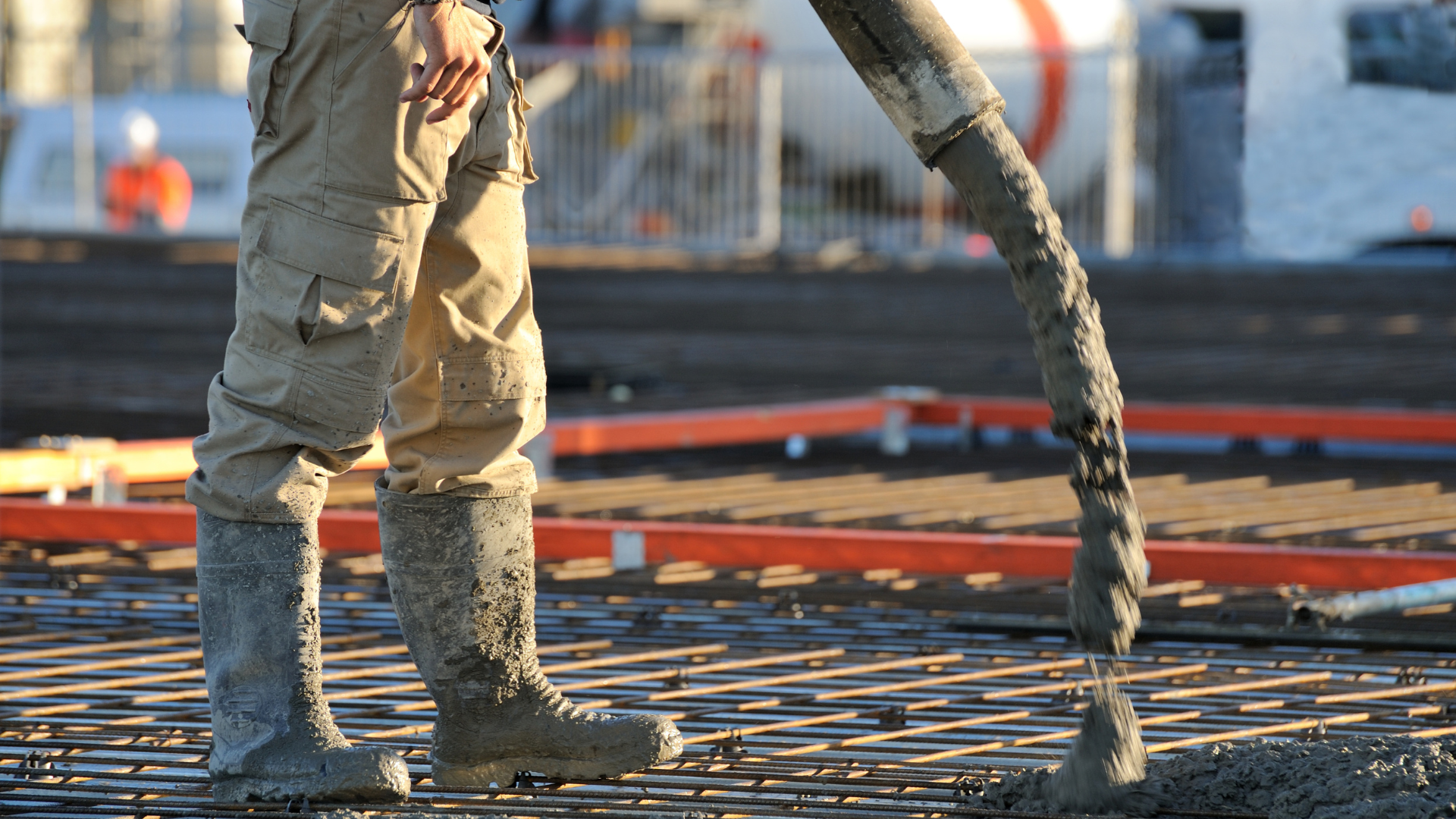Faster approvals, smarter building: what Government reforms mean for construction and trades
Trades and construction businesses are feeling the squeeze right now. Wages, materials and compliance costs keep climbing. On top of that, projects are getting bogged down in council approvals and there just aren’t enough skilled trades workers to keep up with demand.
Queensland has even more pressure ahead, with record infrastructure investment and the 2032 Olympic and Paralympic Games putting the industry in the spotlight. Construction is set to play a massive role in shaping the state’s future.
“Our clients tell us delays and rising costs are their biggest roadblocks. These reforms are a step toward easing those pressures,” says Luke McFadzean, General Manager Sales, AWX.
The challenges on the ground
While reforms are underway, businesses in construction and trades continue to face immediate challenges on the ground. A shortage of qualified tradespeople means many employers are forced to turn down work or extend project timelines. To address the gaps, some are looking offshore, but international recruitment can bring with it significant red tape, including visa processing delays, compliance requirements and higher costs.
Queensland is under particular pressure, with the construction pipeline forecast to surge from $53 billion in 2024/25 to $77 billion in 2026/27, a 50% jump. Workforce demand could peak at 156,000 workers in 2026/27, with an average shortfall of 18,200 tradespeople expected over the next eight years. The 2032 Olympics alone will require an additional 30,000 to 40,000 workers every year.
At the same time, projects are being hit with rising material costs and wage pressures, which are sitting at record highs. Adding to this, between 2010 and 2020, Australia recorded its weakest productivity growth in 60 years. Even a small fall in productivity growth (from 1.2% to 0.9% per year) would reduce per capita income by more than $10,000 over the next four decades. Together, these combined factors are slowing delivery and impacting the industry’s ability to meet demand.
What’s might be changing
The government’s Economic Reform Roundtable has flagged a series of changes, noting that even small improvements in productivity can have a big impact on wages and living standards over time:
- Faster approvals and less time stuck in paperwork.
- More support for modern construction methods like prefabrication.
- Cutting tariffs and adopting international standards to bring down material costs.
- Migration reforms to make it easier to recruit skilled tradespeople from overseas.
- Redirecting investment to more productive projects in construction.
Addressing Australia’s longstanding productivity challenge will take effort from governments, industry and the broader community. But the potential benefits are significant lower costs, faster projects and better living standards across the board.
Why it matters
For trades businesses, this means less downtime between quoting and starting work, lower costs on materials and better access to skilled labour. In Queensland especially, with the Olympic pipeline adding huge demand, every extra pair of hands will count.
Luke summed it up, “The reforms target exactly what our clients feel every day: high costs, slow approvals and labour shortages. We’re here to make sure businesses have the skilled people they need to take advantage of these changes.”
Our job at AWX is simple: connect the right people with the right projects, at the right time. That means keeping your business productive, competitive, and ready for the opportunities ahead.
Our latest jobs










